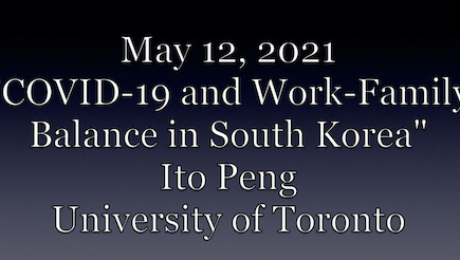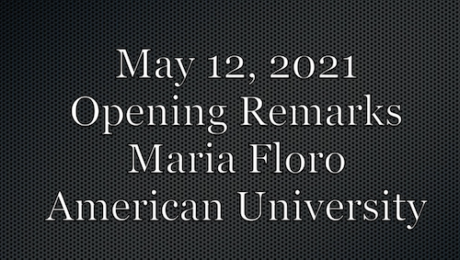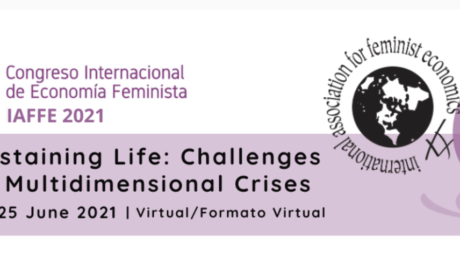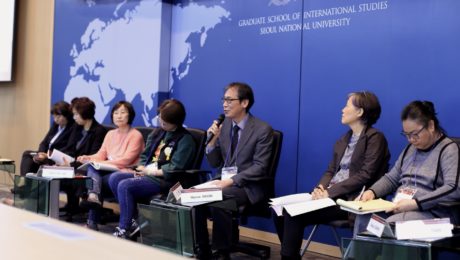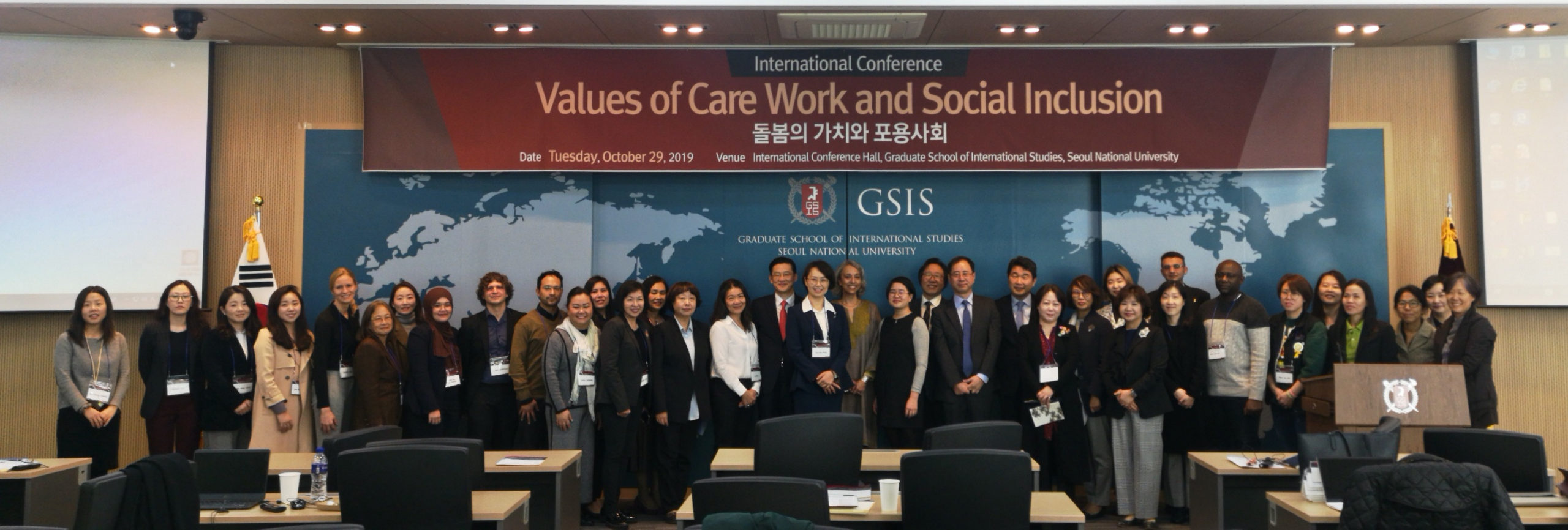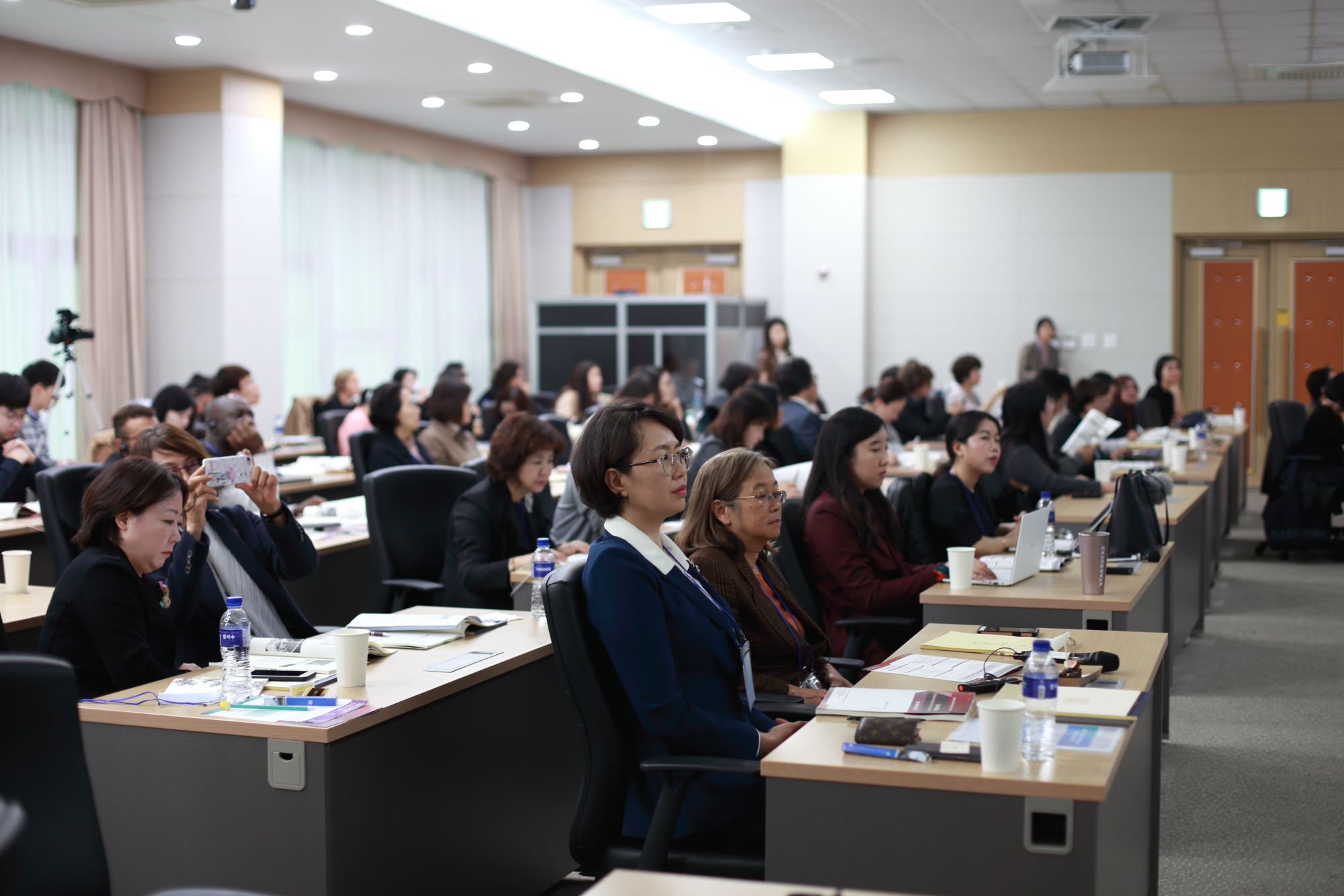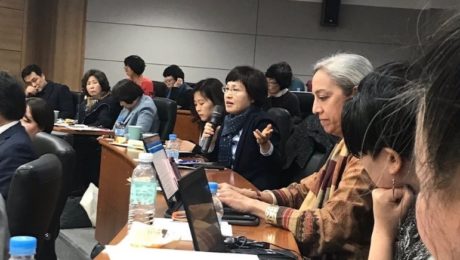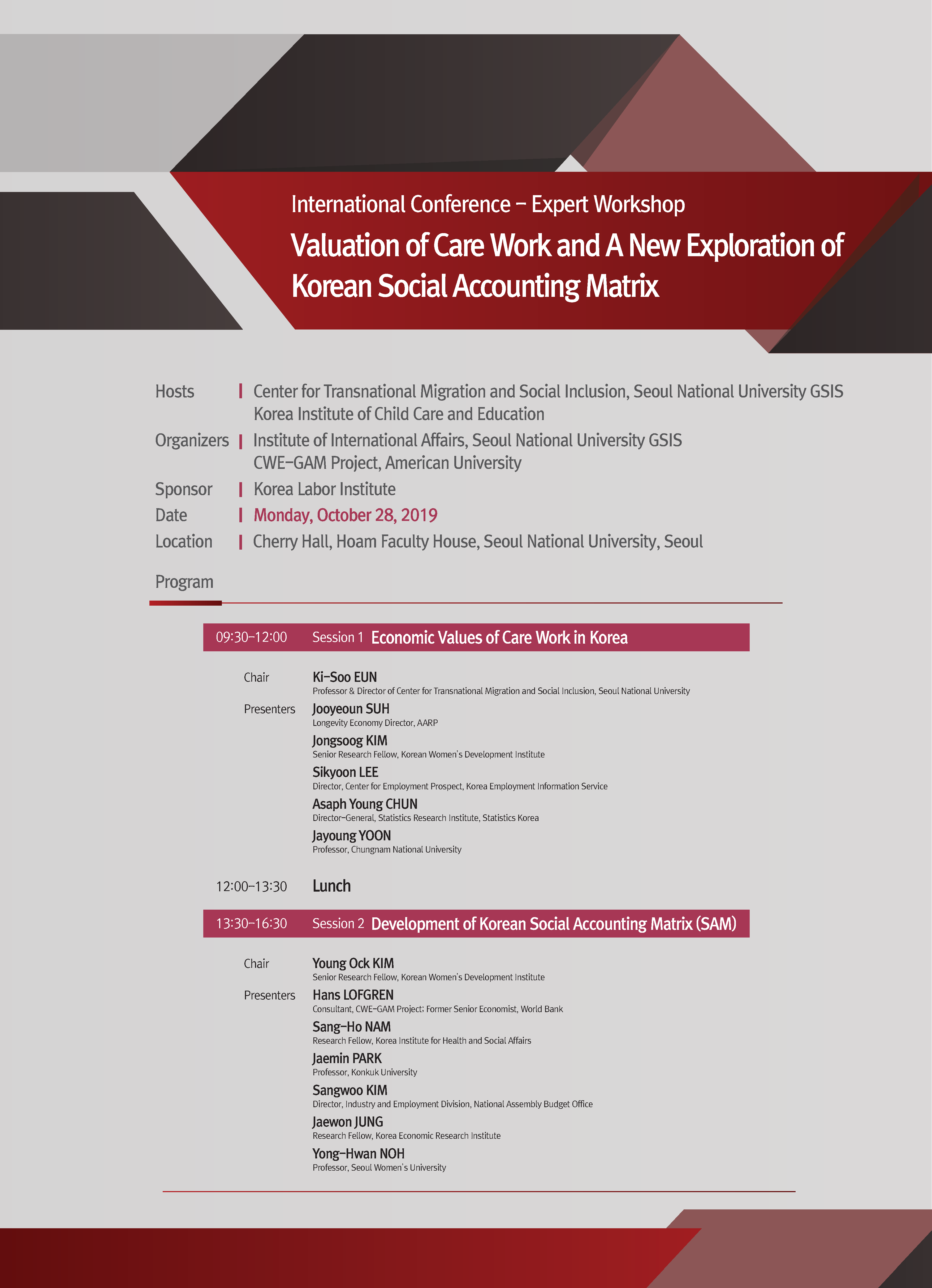The Ongoing Impacts of COVID-19 on Family Work-Life Balance in South Korea
The COVID-19 pandemic has impacted many aspects of everyday life and has brought attention to the care economy and unpaid care work. In South Korea, there were two periods of social distancing measures where schools and childcare centers closed but workplaces did not necessarily close. During the first day of the Concluding Annual Meeting, Dr. Ito Peng (University of Toronto) shared her continuing research of the impact of these measures on families and the balance of work and childcare.
In order to study families during this crisis, the Center for Transnational Migration and Social Inclusion at Seoul National University conducted two nationally representative online surveys of families after the social distancing measures, one in June 2020 and one in April 2021. The data from the first survey revealed that mothers spent more time on childcare, worked from home more, and left the workforce at a higher proportion than fathers. This is consistent with results from other countries around the world. The second round of data collection brought an opportunity to compare and see how the balance evolved in a year of the crisis. In the second survey, fathers worked from home slightly more than mothers which could be due to mothers using up their time off and work from home time in the prior social distancing period. Overall though, women reported being more concerned with balancing work and family life and were more likely to be unhappy with the share of unpaid care work between them and their spouse.
Some policy recommendations would be to harmonize childcare and school closures with business closures, develop and enhance care and support systems for care receivers and givers, promote gender equality policies and invest in social and care infrastructure more.
To watch the full presentation, see below.
Written by Catherine Falvey, Research Assistant for the Care Work and the Economy project and PhD student in Economics at American University
- Published in Conferences, Expert Dialogues & Forums, Policy
The Journey of the Care Work and the Economy Project
As the CWE-GAM project is coming to a close, the final activities in the summer of 2021 showcased the groundbreaking research that was conducted over the past year and prompted valuable conversations between researchers, activists, donors, and more. Professor Maria Floro, the Co-Principal Investigator of the project, launched the Concluding Annual Meeting with opening remarks that summarized the timeline, features, and accomplishments of the project.
The Care Work and the Economy project began in 2017 and was built around the fundamental research goals of highlighting the impact of care work, socially and economically, and emphasizing the need for policy agendas to address the care economy. The project’s working groups consisted of innovative, interdisciplinary researchers who brought expertise and toolkits from a variety of schools of thought including heterodox, feminist, political economy, structural, and mainstream economics. The project used South Korea as a case study for the care economy which was made possible by a strong partnership with Korean researchers and the collection of unique time use and household survey data by the Center for Transnational Migration and Social Inclusion at Seoul National University.
Over the course of the past four years, the project has hosted two annual meetings, two conferences with Korean advocacy groups, and virtual workshops during the Covid pandemic. Additionally, the project produced two policy tools for the Korean government, 33 working papers showcased on the project website, and special issues in Feminist Economics and World Development. The final two activities conducted by the project were the Seoul Policy Dialogue in early June and a virtual intensive course on Gender-Sensitive Macroeconomic Modelling for Policy Analysis in partnership with the Levy Institute at Bard College.
To watch the full Opening Remarks of Professor Maria Floro from the Concluding Annual Meeting, see below.
Written by Catherine Falvey, Research Assistant for the Care Work and the Economy project and PhD student in Economics at American University
- Published in Conferences, Expert Dialogues & Forums, Maria Floro
IAFFE 2021 Sustaining Life: Challenges of Multidimensional Crises
Sustaining life requires inclusive and resilient economic and political systems and the sustainability of our environment. Feminist economics continues to offer a vital set of intellectual perspectives and methodologies with which to analyze these issues. Our economic and political systems are failing to address human needs and ecological fragility, particularly with the growing rise of illiberal democracies. Our societies face pressures to divide along lines of race, religion, nationality, gender, and sexual identity. Borders are increasingly shutting people out and walls are being built. Globally, women face threats to their jobs, their livelihoods and their bodily integrity. The global pandemic has exacerbated all of these challenges. Against this backdrop, new economic visions and tools are needed and feminist approaches are essential. Feminist economics has long looked beyond the simplifications that are embedded in the categories, methods, and models of mainstream economics and welcomes insights from other disciplines. Our approaches look at activities within the socially constructed categories of households, firms, communities, and the state; we consider economic activity both inside and outside markets; and we seek a more integrated understanding of human well-being in which productive and reproductive activities are valued. The IAFFE 2021 Conference will provide a forum for scholarship and inquiry that recognizes the methodological pluralism of our field. We define our field broadly and welcome research that brings a feminist lens to topics both micro and macro, local and global. We invite you to join us for this virtual conference, hosted by the Quito Local Committee.
- 1
- 2

